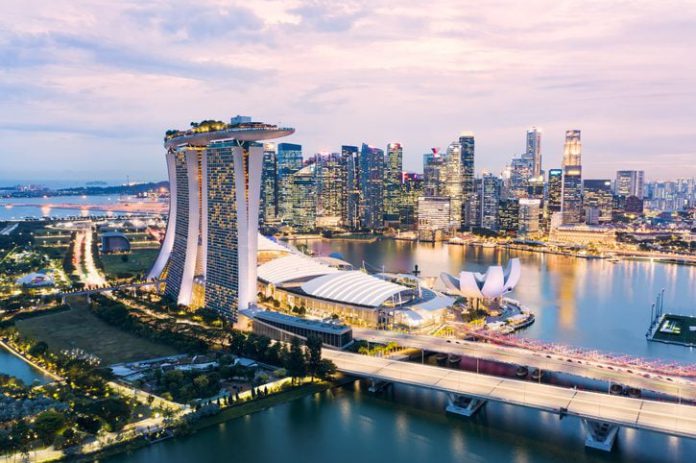Drawn to Singapore’s “melting pot of people and ideas”, sunny climate, and liveable environment, the Dunns enjoy soaking up the greenery at Botanic Gardens, visiting Queenstown Library and eating hawker food at the Tiong Bahru Market.
But after watching the monthly rent for the family’s condominium soar from 7,000 to 11,000 Singapore dollars ($5,242 to $8,238) in a matter of months, Dunn and his wife made the difficult decision to return to Australia when their lease ends in June.
“Since the pandemic, we’ve been thinking about how it’s the right time to return home after being away for so long,” Dunn, 51, who works in finance, told Al Jazeera.
“We love living in Singapore but with the cost of living going up and wages not rising proportionally, this rent increase will cause a serious impact.”
While there are no official figures, Dunn is among a growing pool of expats leaving Singapore because of soaring rents, prompting concerns about whether the Southeast Asian city-state is at risk of losing its allure as a regional business hub.
Average rental prices in Singapore, where about 40 percent of the population is foreign-born, surged by 30 percent in 2022 – the fastest pace in 15 years, according to data from Singapore’s Urban Redevelopment Authority.
The surging prices have been blamed on a range of factors, including a shortage of housing supply due to pandemic-caused construction delays and strong demand from companies and talent to relocate to the city, driven in part by China’s crackdowns on private industry and Hong Kong.
The number of Employment Permit and S Pass holders – the main visas issued to foreign professionals – grew from 323,500, in 2021, to 365,200, in 2022.
International and local business communities here have also raised concerns over the rising cost of residential and office spaces.



